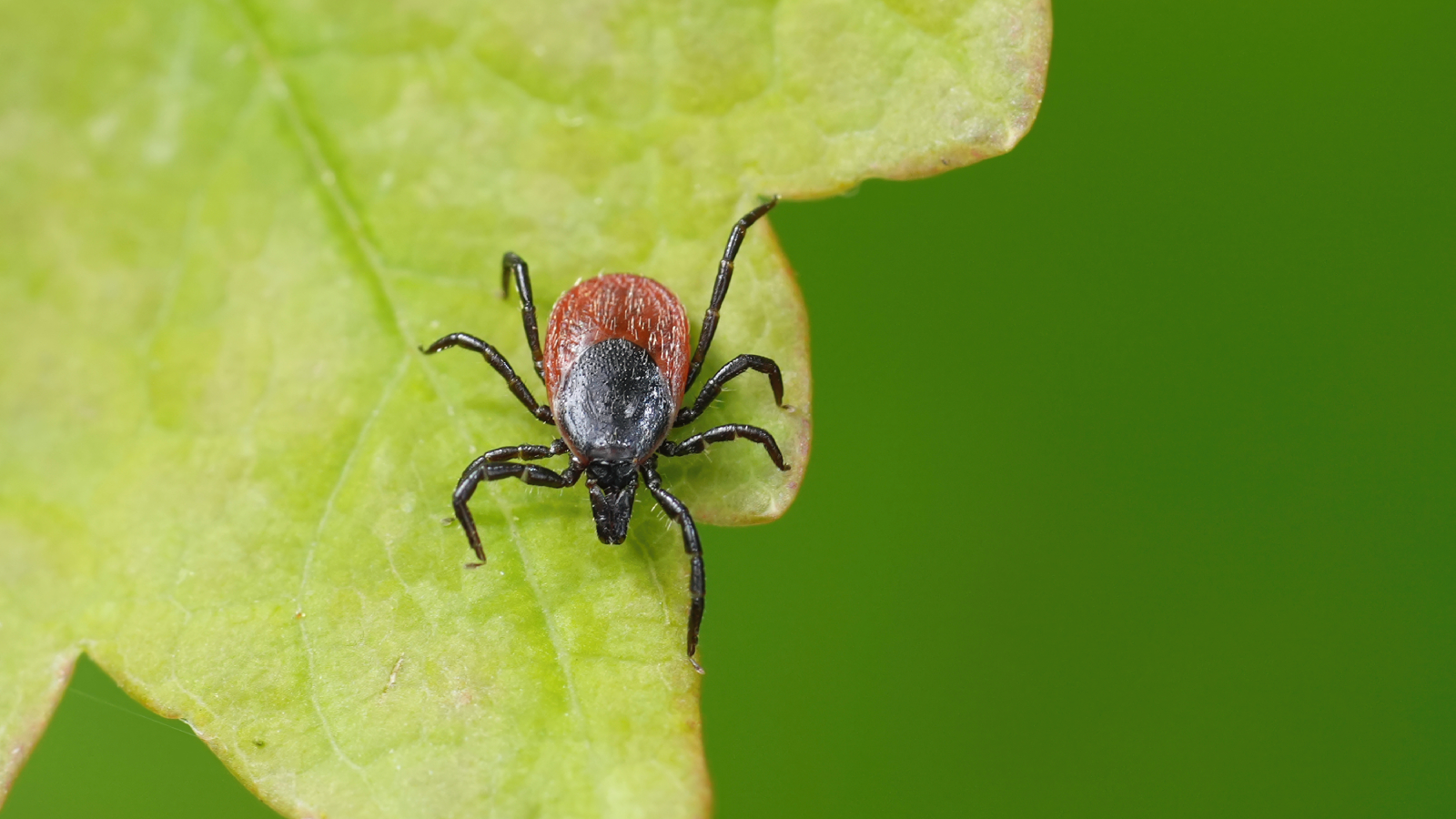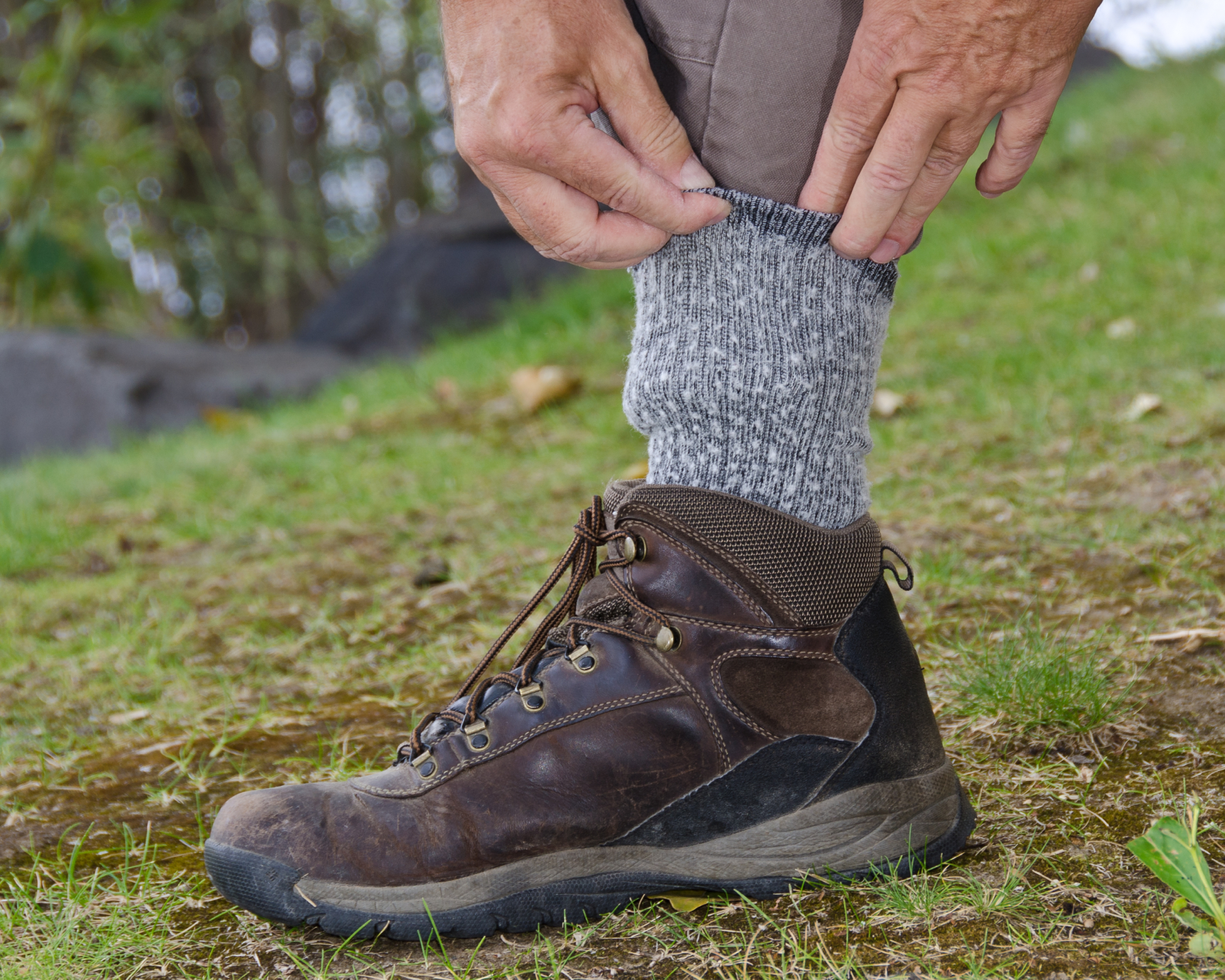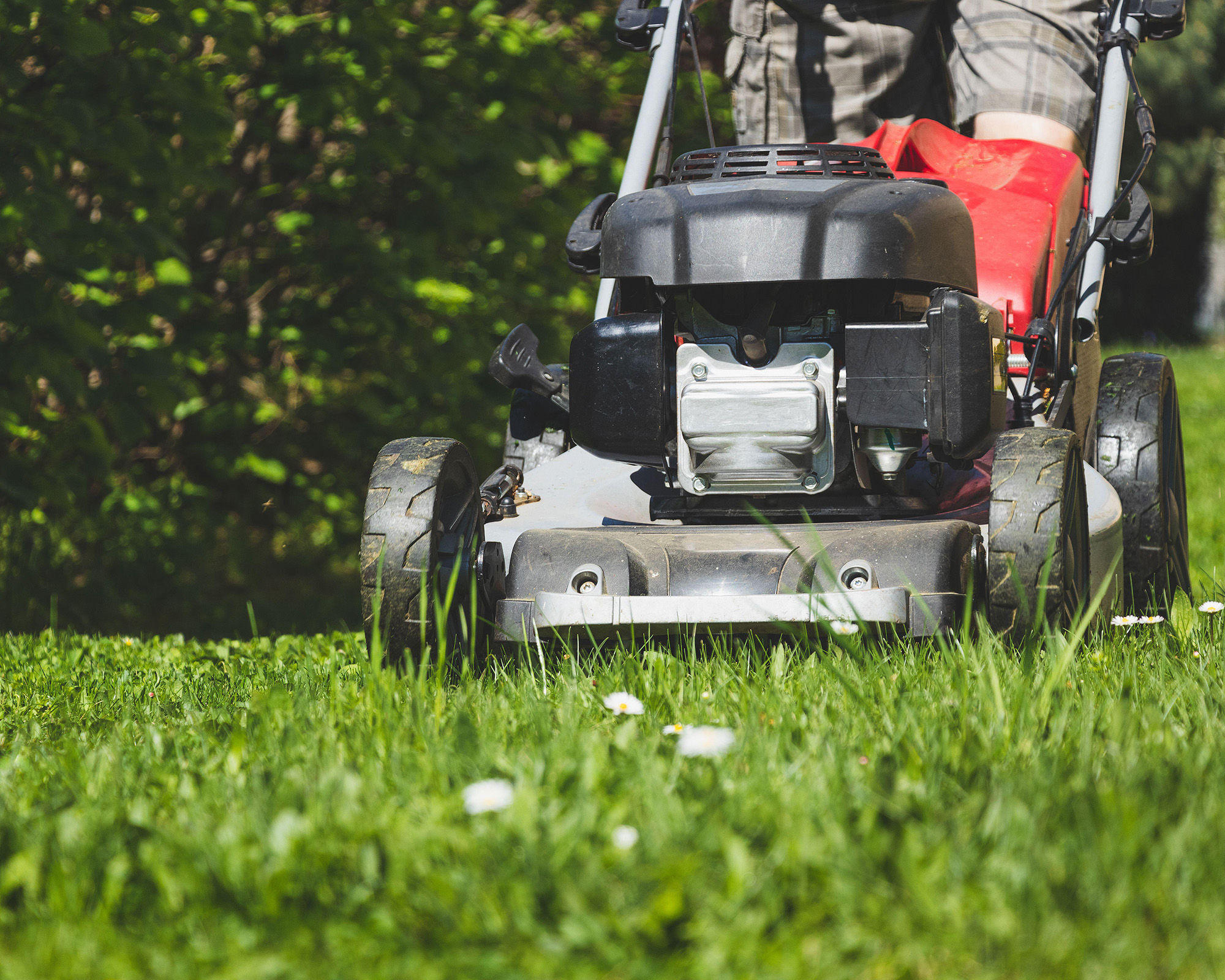Ticks Are Everywhere This Summer – Here Are 3 Easy Ways To Keep Them Away & Stay Safe In Your Garden
Tick populations are surging this summer. Learn how to keep ticks away from you and your family so you can enjoy your garden and the great outdoors.


Sign up for the Gardening Know How newsletter today and receive a free copy of our e-book "How to Grow Delicious Tomatoes".
You are now subscribed
Your newsletter sign-up was successful
If you’re planning to spend time in the garden this summer, then learning how to keep ticks away is vital to staying safe and healthy. Ticks can carry a variety of diseases, most notably Lyme disease which is spread via deer ticks, also known as black-legged ticks.
Many of the diseases ticks transmit can cause serious health problems. Lyme disease can cause issues with your heart and central nervous system that can persist for years and a bite from a Lone Star tick can even make you allergic to certain meats and other animal byproducts.
That’s why learning how to get rid of ticks in your landscape is so important for gardeners and anyone else who spends even small amounts of time outside. Let’s take a look at how to keep ticks off of you and stay safe this summer.
How to Keep Ticks Away This Summer
I had never found a tick on myself until last summer, but following an extremely mild winter there was an influx of not only ticks, but all kinds of pests that plagued my garden. Rising temperatures may increase pest problems in both the garden and beyond.
Last summer, I found at least a dozen ticks on myself after spending time in my garden and one even bit me on the neck. Thankfully I caught it early, only a couple hours after coming indoors. But as these dangerous arachnids (yes, ticks are related to spiders!) become more prevalent, gardeners must become more vigilant.
Despite a cold winter here in the Midwest as well as across much of the US, tick populations are high this summer. Here are three tick prevention tips to help you stay safe in your garden or out in nature this summer no matter where you live.
1. Wear the Right Clothes

One of the easiest ways of preventing ticks is by wearing protective clothing for gardening or whenever you go outside. Cover as much of your skin as you can—that means long sleeves, long pants, high socks, boots, and a hat. I know it’s not pleasant to cover up for a hot day of toiling in the garden, but proper attire is the first line of defense against ticks.
Sign up for the Gardening Know How newsletter today and receive a free copy of our e-book "How to Grow Delicious Tomatoes".
Wear breathable, light-colored clothing to stay cool. Light colors also make it easier to spot ticks if they do crawl onto you. Tuck your shirt into your pants and tuck pant legs into high socks to stop ticks from crawling under your clothing.
These pesky parasites like to hide in any nooks and crannies they can find like around your waistband, behind your knees, around your neck and ears, in your hair, between your legs, and even in your belly button!
Last summer, I bought a pair of light blue overalls from Duluth Trading Co. to wear while working in my garden. These lightweight, yet durable overalls helped protect me from ticks all summer long. They're easy to tuck into high socks and they don’t have a waistband like regular pants where ticks can crawl in and bite you.
2. Use Tick-Repellent Sprays

The next line of defense is to use an insect repellent spray that prevents ticks. So what repels ticks? Choose a bug spray that contains DEET, picaridin, IR3535, Oil of Lemon Eucalyptus (OLE), para-menthane-diol (PMD), and 2-undecanone for tick prevention. The EPA backs these ingredients as effective against ticks and safe even for pregnant and breastfeeding women. However, don’t use OLE or PMD sprays on children under 3 years old.
You can also spray your clothes with a type of acaricide, or tick repellent called Permethrin. Lots of campers use Permethrin spray to coat their tents and gear because this kind of repellent can remain effective for up to several months. You can even buy clothes that are pre-treated with Permethrin, but it’s typically more cost-effective to buy a repellent yourself, like this spray from Sawyer on Amazon, and treat clothes you already own.
3. Create a Tick-Free Zone

If you’re looking for a way to repel ticks naturally, then creating a tick-free zone in your yard is a great option. However, it’s best to combine tick prevention methods for a strong defense against these dangerous pests.
Turn your yard into a tick-free zone by cleaning up your landscape. Remove leaf litter, and unkempt piles of wood or sticks, and try growing some plants that fight fleas and ticks. Mow your lawn frequently and clear away any tall grasses or brush around your home as well as around the perimeter of your property.
Ticks tend to live in areas with large deer populations and deer often live in areas with dense brush, like honeysuckle, so get rid of invasive honeysuckle to deter both deer and ticks. Adding a fence to your yard can also keep ticks away by keeping deer away.
If your yard is wooded or bordered by woods where ticks like to congregate, create a 3 foot (0.9 m) wide barrier of wood chip mulch or gravel at the edge of the forest. This helps prevent ticks from entering your property. Keep gardens, playground equipment, and patios away from wooded areas as well to prevent ticks from entering your outdoor space.

Laura Walters is a Content Editor who joined Gardening Know How in 2021. With a BFA in Electronic Media from the University of Cincinnati, a certificate in Writing for Television from UCLA, and a background in documentary filmmaking and local news, Laura loves providing gardeners with all the know how they need to succeed, in an easy and entertaining format. Laura lives in Southwest Ohio, where she's been gardening for ten years, and she spends her summers on a lake in Northern Michigan. It’s hard to leave her perennial garden at home, but she has a rustic (aka overcrowded) vegetable patch on a piece of land up north. She never thought when she was growing vegetables in her college dorm room, that one day she would get paid to read and write about her favorite hobby.